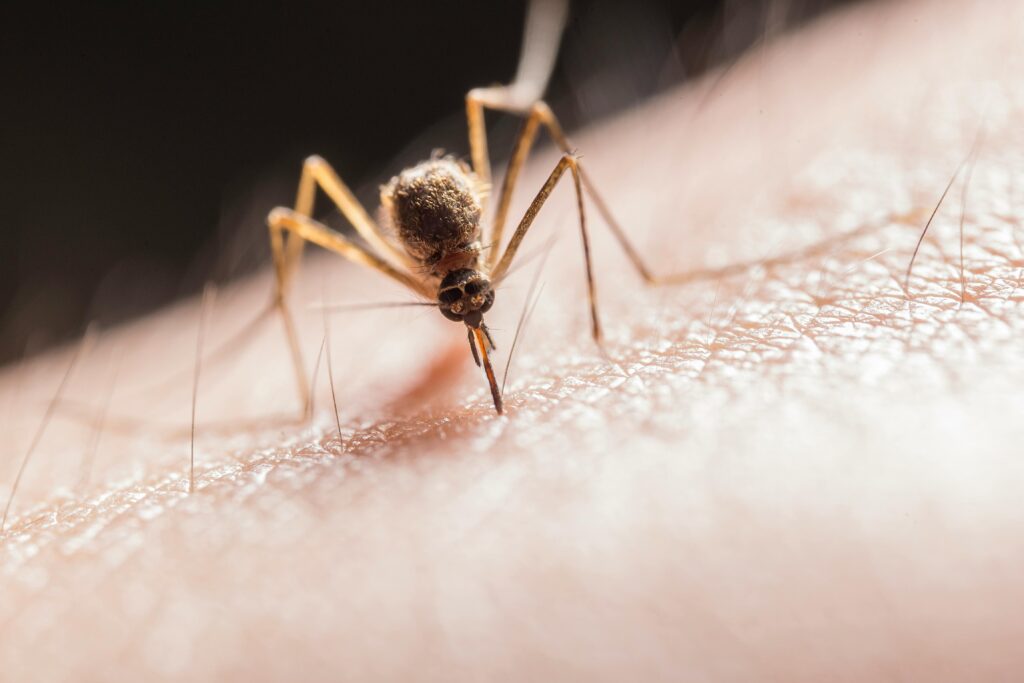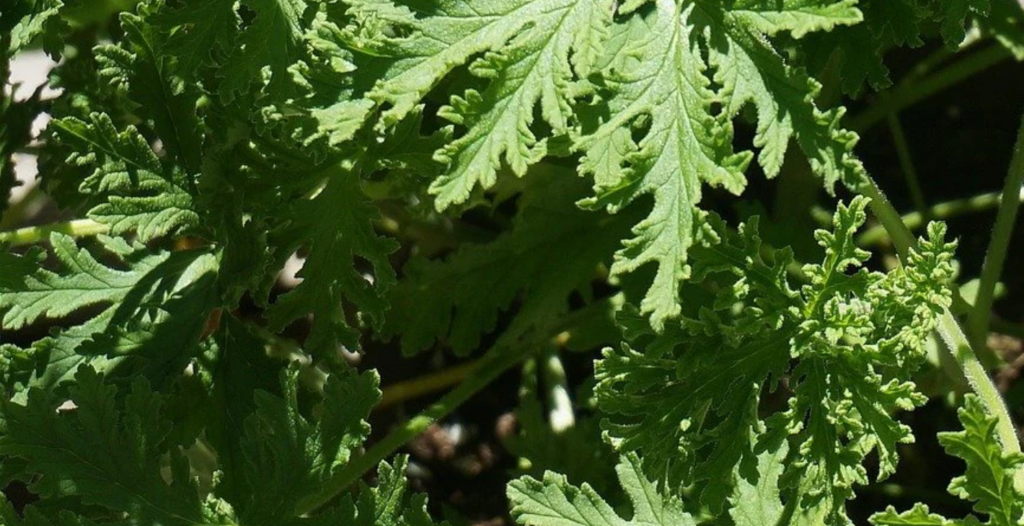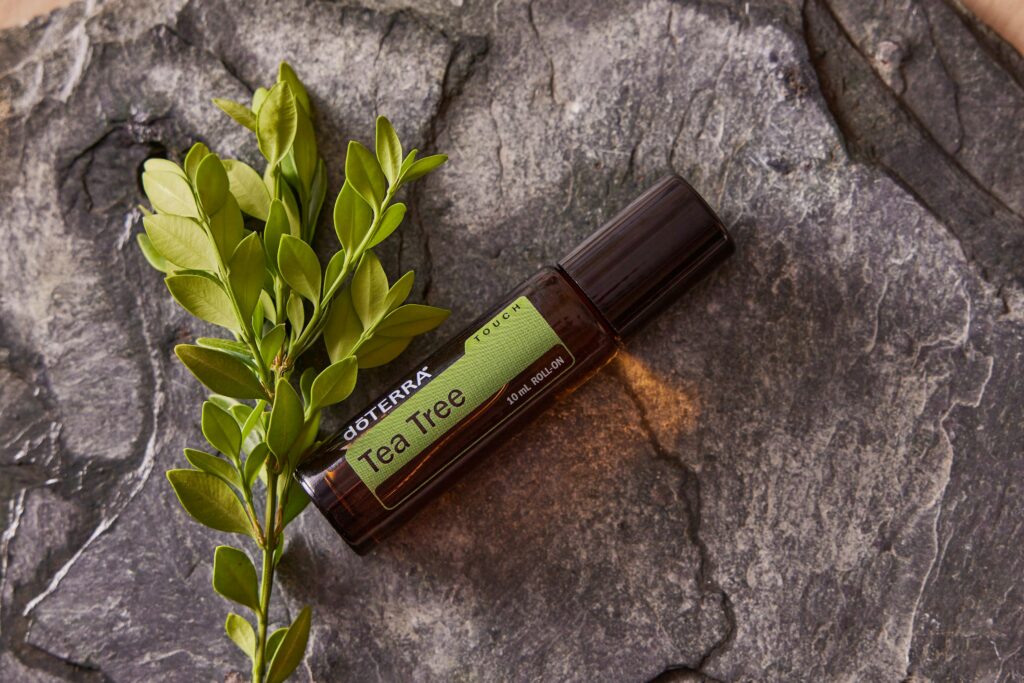

Perennial nuisances to living in Jamaica, it seems nowadays that mosquitoes are omnipresent and omni-annoying pests.
Tired of swatting and missing? The irksome buzzing in your ears and more importantly do you live in Portmore? If you have answered yes, then keep reading.
After Hurricane Beryl, several communities island-wide are still without electricity. The cost of mosquito repellents is increasing, along with concerns about their health impact.
Mosquito-borne diseases such as dengue fever are also on the rise. According to the Ministry of Health’s Chief Medical Officer, Dr Jacquiline Bisasor-McKenzie, this is due to the increase in breeding sites since Beryl’s passing.
This has resulted in folks trying their hand at homemade alternatives.
Based on recent findings, here are some proven natural mosquito repellents:
Cinnamon oil

Beyond its culinary uses, cinnamon oil has proven efficacy in mosquito control.
Research from Taiwan reveals that cinnamon oil can eliminate mosquito eggs and repel adult mosquitoes, including the Asian tiger mosquito.
How to make it: Create a diluted 1 per cent solution by mixing 1/4 teaspoon (or 24 drops) of cinnamon oil with every 4 ounces of water. This mixture can be sprayed on skin, clothing, around the home, and on upholstery or plants. Use caution with concentrated cinnamon oil to avoid skin irritation.
Citronella oil

Citronella, derived from a blend of herbs, is a widely recognized and potent natural essential oil effective against mosquitoes. It is a key ingredient in various mosquito repellents. When used outdoors, citronella candles can offer up to 50 per cent additional protection against these pests.
How to make: To make citronella oil, combine olive oil with nard grass leaves and stems in a slow cooker and cook for four to eight hours. Strain the mixture through cheesecloth, discard the nard grass, and store the oil in a jar.
Lemon-eucalyptus oil

This contains para-menthane-3,8-diol (PM) which repels Zika and malaria-carrying mosquitoes. Lemon eucalyptus oil provides protection comparable to low-concentration over-the-counter products and protects for up to three hours.
How to make: To concoct your blend, mix 1 part lemon eucalyptus oil with 10 parts witch hazel.
Note: However, researchers from the University of Florida advise against using this mixture on children under three years.
Neem oil

Neem oil is derived from neem tree seeds. It’s highly effective as a natural mosquito repellant. It also acts as a sort of ‘birth control’ for the pests as it disrupts their growth and reproduction cycles.
It’s also biodegradable and environmentally friendly.
How to make: Dilute 50 to 100 millilitres of neem oil in water, oil, or lotion
Thyme oil

Thyme oil is effective against malarial mosquitoes, providing high protection rates.
The oil from this aromatic herb at a five per cent concentration, when applied to the skin of hairless mice, achieved a 91 per cent protection rate.
Burning thyme leaves in a campfire offer 85 per cent protection for 60 to 90 minutes, according to research.
How to make: For a homemade repellent, mix four drops of thyme oil with each teaspoon of base oil (e.g., olive or jojoba).
How to make: For a spray, combine five drops of thyme oil with two ounces of water.
Tea tree oil

Tea tree oil, or melaleuca oil, is renowned for its antiseptic, antimicrobial, and anti-inflammatory qualities. Research indicates that tea tree oil can also serve as an effective insect repellent.
Field tests have demonstrated its effectiveness against mosquitoes, bush flies, and biting midges.
How To Make: This is one of those oils that can be very tedious to make at home since it involves steam distillation, condensation and waiting for the liquid and oil to separate before you can get to ‘the goods’.
Honestly, it makes way more sense to buy tea tree oil and mix half and half with a carrier oil such as coconut or olive. The protection should last up to three hours.
These natural ingredients provide effective protection against mosquitoes and pose minimal risk to the environment compared to synthetic chemicals. They will also come in handy as most of these ingredients can be found locally.







Comments